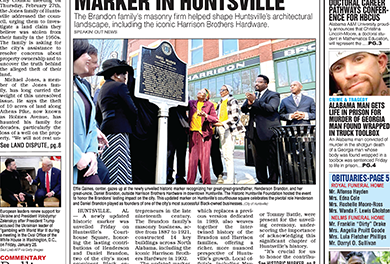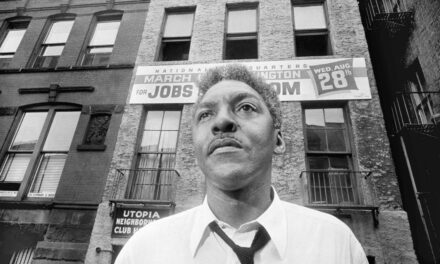
By Tashi McQueen,
AFRO Political Writer,
tmcqueen@afro.com
Juneteenth only became a nationally recognized holiday in 2021, at the direction of President Biden. The most recent federal holiday to be created commemorates the emancipation of enslaved people in the U.S.
Though the recognition is now at an all-time high, the benefit of being a full-fledged federal holiday with the perk of paid time off has yet to materialize when it comes to Juneteenth.
“There was a bill proposed a couple of years ago, right after Joe Biden was inaugurated as President, that made Juneteenth a national holiday just before Juneteenth in 2021. The Senate unanimously passed a national Independence Day act,” said Theodore R. Johnson of New America, a non-profit think tank to advance equity and well being through policy. “ There wasn’t a whole lot of pushback against it.”
Then the disagreements started.
Some of the contention Johnson saw was against having two independence days, one on June 19 and then another on July 4. Others saw two paid holidays as a waste of money and claimed it was bad fiscal business.
“Every time you give a federal holiday, you pay people not to come to work, and these fiscal conservatives saw that as a waste of money,” said Johnson.
Overall, he said the arguments weren’t strong enough.
Though Juneteenth is a national holiday, it is not recognized throughout all U.S. states, meaning not all states have to give employees the day off.
“Most federal holidays are for the federal government and not necessarily a paid holiday for all Americans,” said Johnson. “The federal government typically doesn’t mandate states to take days off and can’t mandate that companies give employees a day off.”
As of 2023, at least 28 states and the District of Columbia will or have legally recognized Juneteenth as a public holiday which means state government offices are closed and state workers have a paid day off, according to the Pew Research Center. Connecticut, Minnesota, Nevada and Tennessee have made Juneteenth a public holiday at the state level this year.
“This act is pretty much as far as federal legislation could go and is characteristic of the other federal holidays like July 4 and Memorial Day,” said Johnson.
He said it is on the states and businesses to ensure Juneteenth is a paid or legal holiday, though states also have limitations.
“Even if a state were to pass legislation that says that this is now a state holiday, it would mean that state employees would get that time off and maybe state contractors, but the person that works at Wendy’s or the folks that [work at] a private trash collection company, don’t get those days paid off,” said Johnson.
North Carolina, a state where 22.3 percent of the residents are Black, has commemorated the holiday and allowed qualifying employees to take the day off but has not officially made Juneteenth a statewide holiday. “Adding Juneteenth as a legal or additional paid holiday for all employees would require action by the North Carolina General Assembly. The state Holidays Policy, which provides 12 paid holidays per year, including Martin Luther King Jr.’s Birthday, Veterans Day, and three days for Christmas, is driven by the requirements of Section 126-4(5)-(5a) of the NC General Statutes,” said Jill Lucas, communications director for North Carolina’s Office of State Human Resources, in a statement. “The legislature has not moved legislation to make Juneteenth a holiday.”
The post Why isn’t Juneteenth a paid holiday nationwide? appeared first on AFRO American Newspapers .











